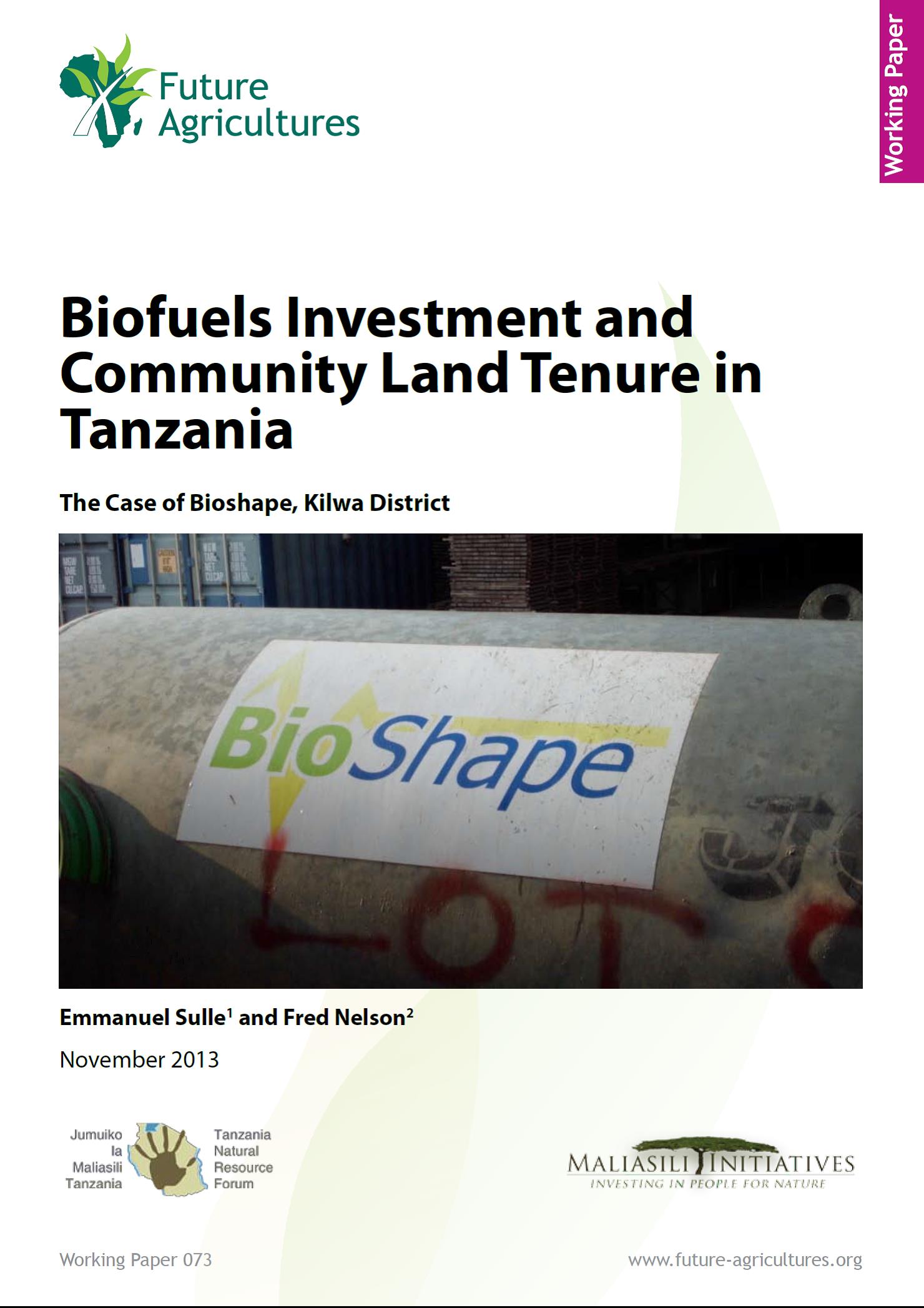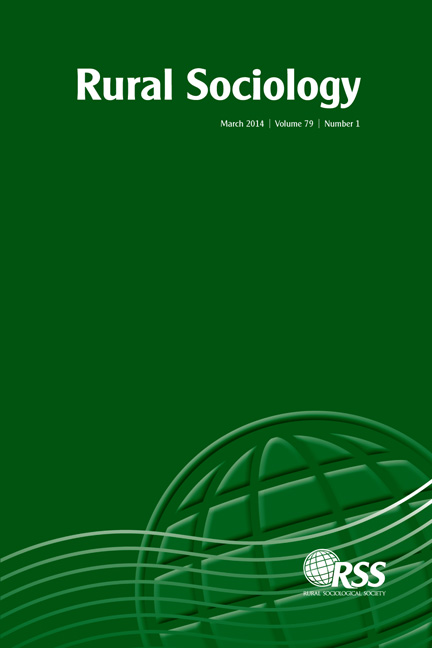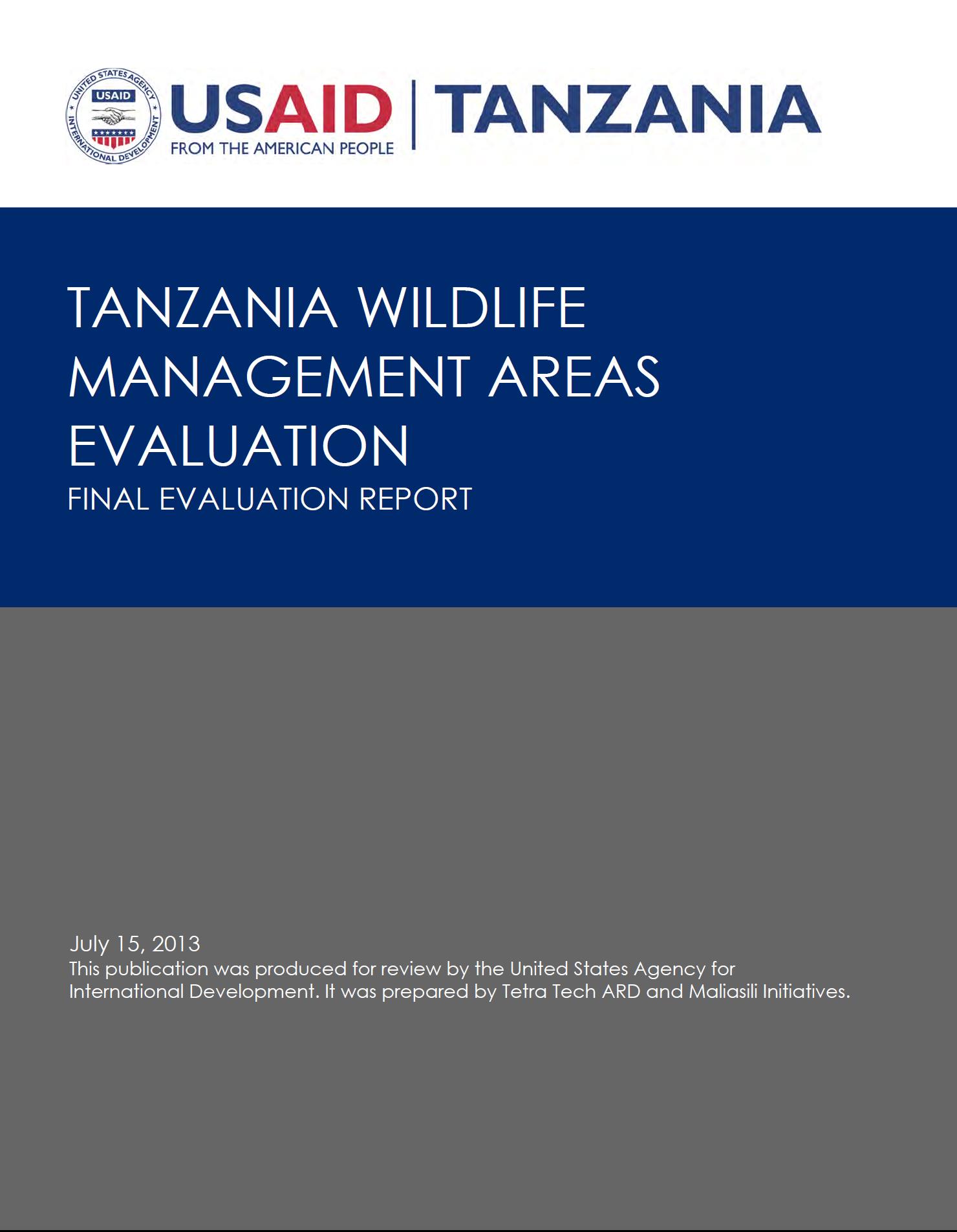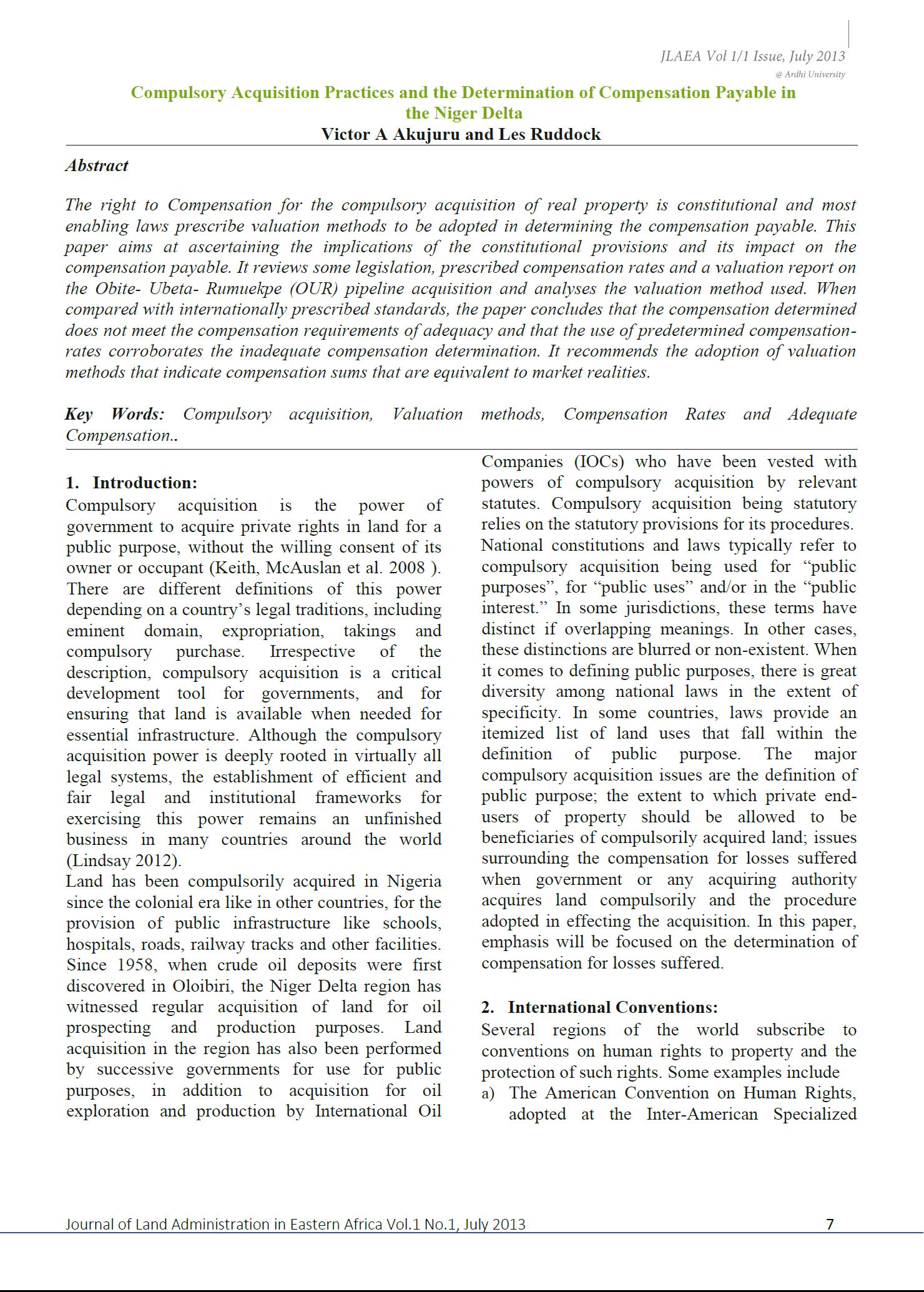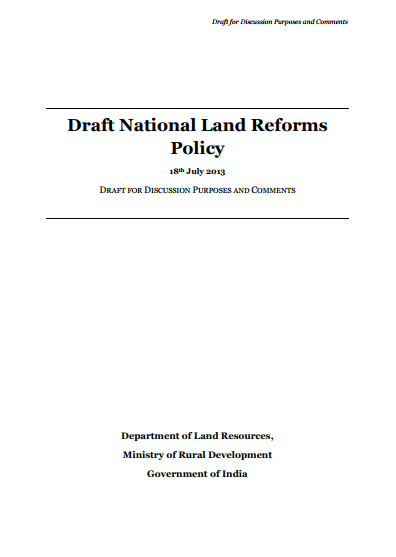Global land governance: From territory to flow?
This article reviews recent research on contemporary transformations of global land governance. It shows how changes in global governance have facilitated and responded to radical revalorizations of land, together driving the intensified competition and struggles over land observed in many other contributions to this special issue. The rules in place to govern land use are shifting from ‘territorial’ toward ‘flow-centered’ arrangements, the latter referring to governance that targets particular flows of resources or goods, such as certification of agricultural or wood products.



